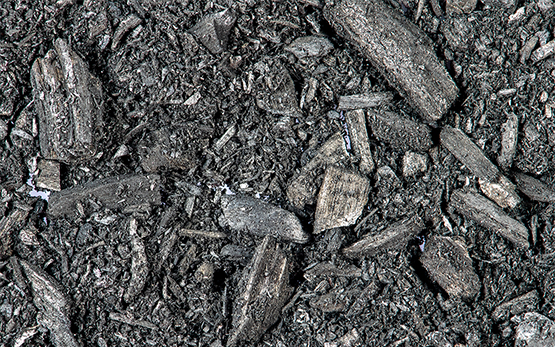External organic matter for climate mitigation and soil health
External organic matter for climate mitigation and soil health (EOM4SOIL)
The addition of external organic matter (EOM) such as manure, compost or biochar to soil can sequester carbon, close nutrient cycles and increase soil fertility and soil health. EOM4SOIL aims to propose best management practices for EOM pre-processing and application on soil.
Contaminants such as trace elements, organic contaminants, pathogens and even plastics are often found in EOM. This poses a potential threat to soil health. To ensure safe use of EOM it is important for exposure concentrations of potential contaminants in soils to remain well below lowest-effect concentrations and to comply with existing EOM and soil legislation. To achieve this, EOM4SOIL conducts a review of both the scientific literature and European legislation. Where data is missing, we also perform chemical analyses of different EOM products.
By creating an overview of specific legislation, certification schemes from project-partner countries and existing contaminant data from the scientific literature, we will map how e.g. organic and metal contaminants currently limit the use of EOM in various European countries. The information gathered will feed into other EOM4SOIL work packages for further analysis.
Both fresh and processed EOM samples of e.g. compost will be analysed for contamination with plastics. The same analysis will also be performed on selected samples from long-term field experiments to assess the accumulation of plastics in arable fields. Macroplastics will be counted visually and identified using Fourier-transform infrared (FTIR) spectroscopy, while microplastics below 2 mm in size will be determined using spatially resolved FTIR, i.e. micro-FTIR, in combination with pyrolysis gas chromatography.
Participating organisations
- Agroscope
- Ithaka Institute
- SLU
- INRAE
- BOKU
- CREA
- CSIC
- INIA






